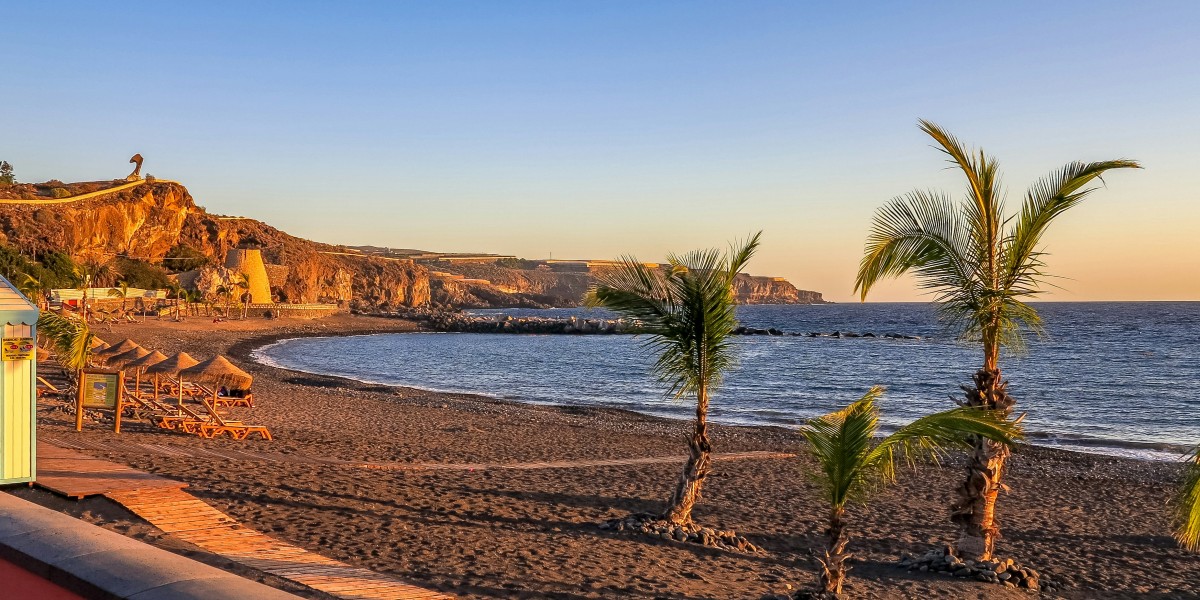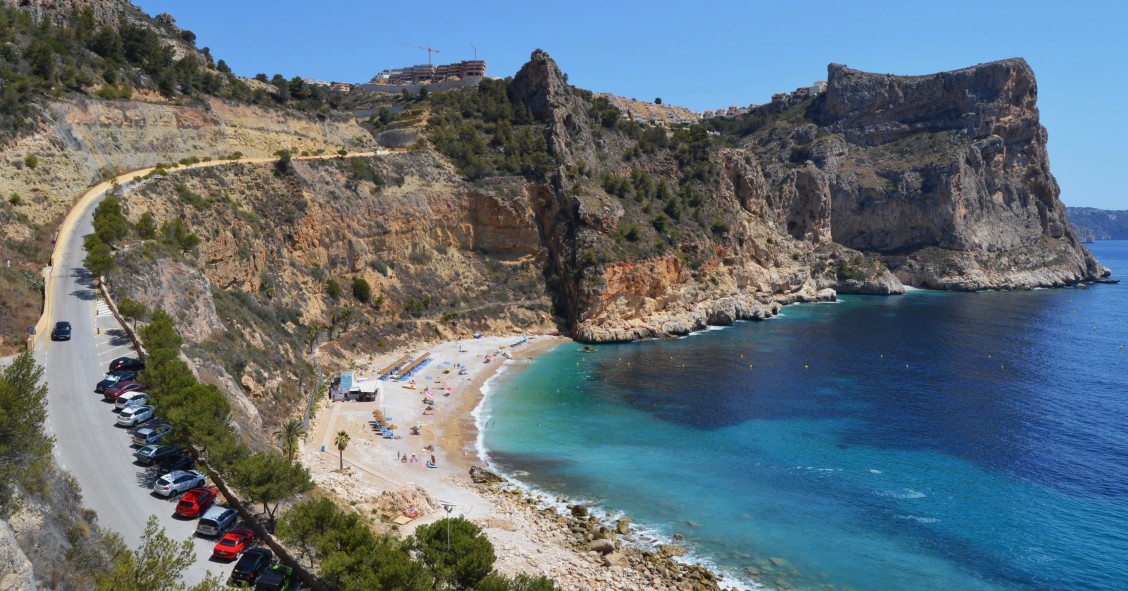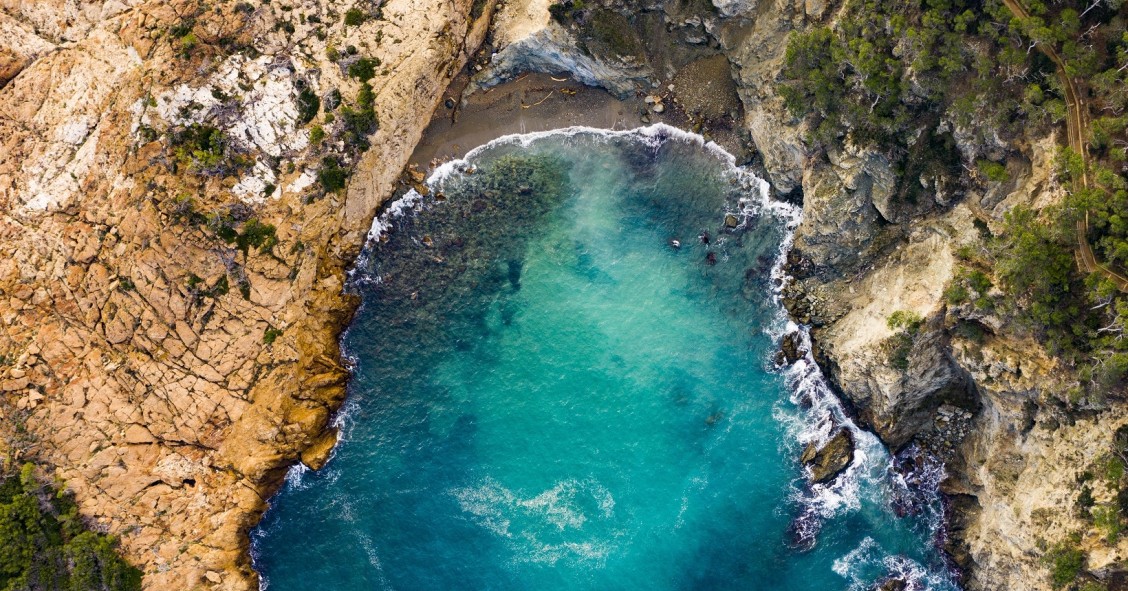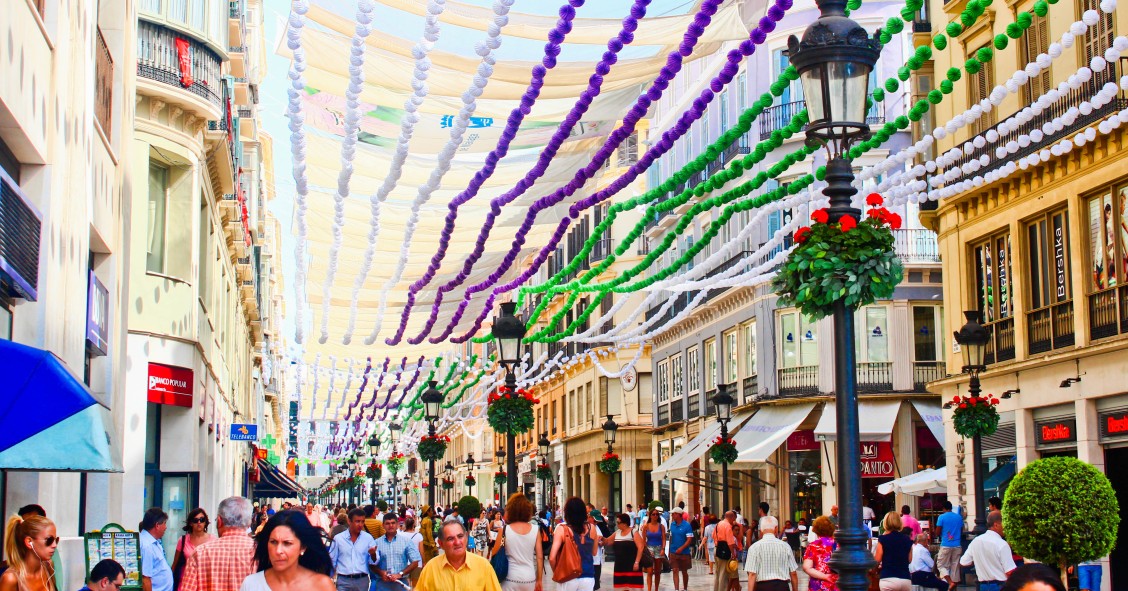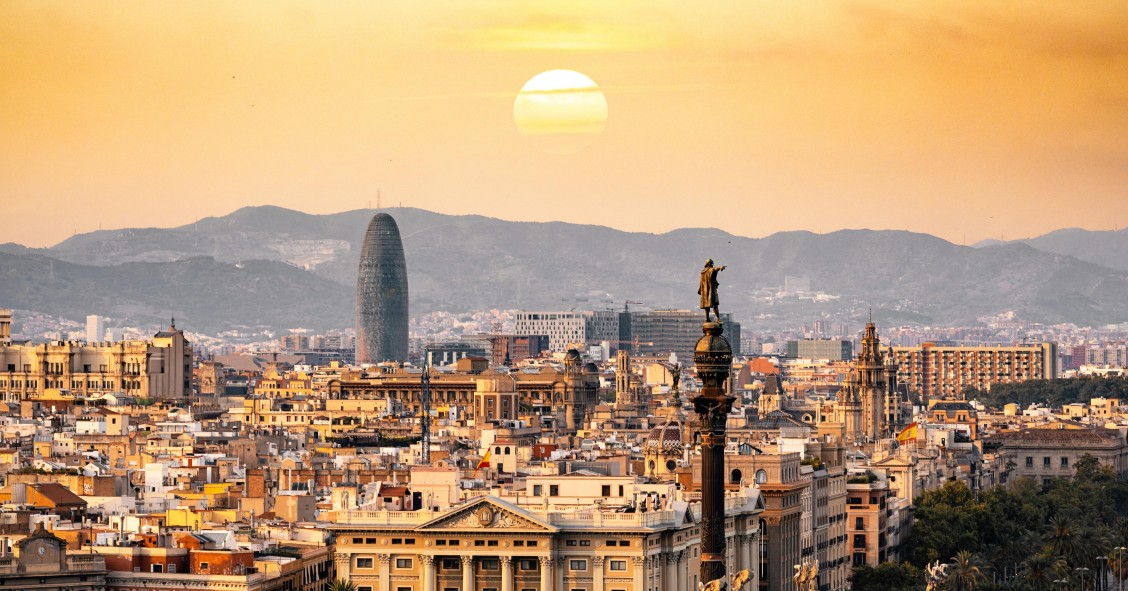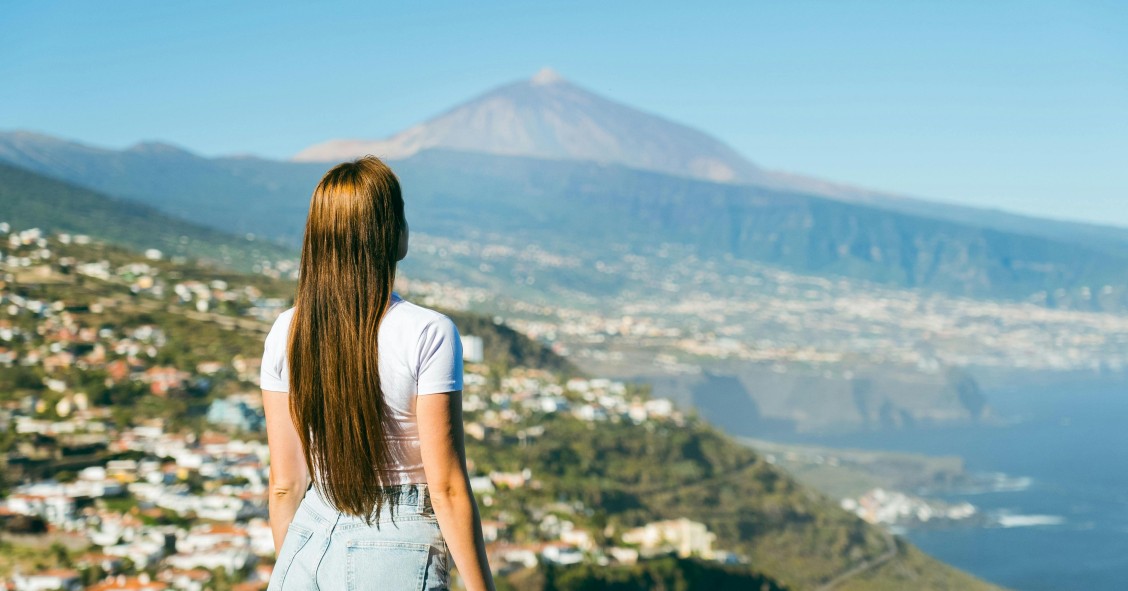
Known to many as a sunny holiday spot, the largest of the Canary Islands offers a rich and varied experience for those who choose to call it home. Tenerife has a distinct dual personality: the vibrant, developed south is a world away from the lush, traditional north, all under the watchful eye of the magnificent Mount Teide. For anyone considering living in Tenerife, understanding this contrast is the first step to finding your place on the island of eternal spring.
Pros and cons of living in Tenerife
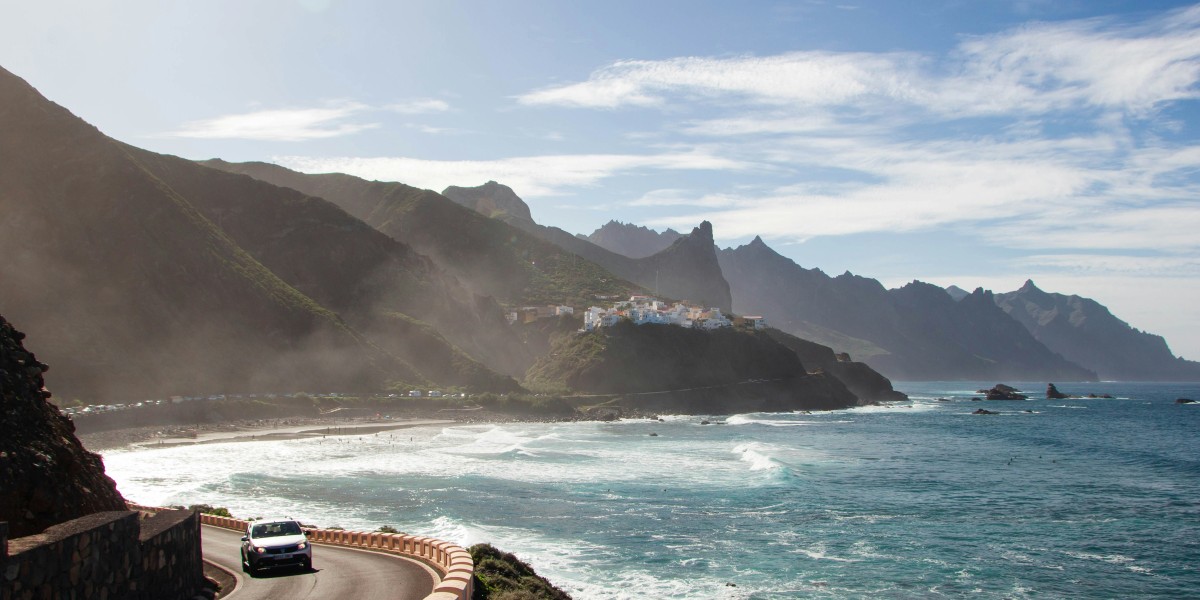
Life here comes with some real high points, as well as a few quirks to be aware of. Some of the pros of life in Tenerife include:
- A remarkable climate and landscape: the year-round mild weather is a huge draw. It allows you to properly enjoy the island's diverse scenery, which ranges from the volcanic slopes to green laurel forests.
- An active, outdoor lifestyle: with so much coastline and mountainous terrain, things like hiking, cycling and water sports become part of a normal week.
- A distinct local culture: there is a strong Canarian identity that is quite different from mainland Spain. You will find unique local fiestas and a great sense of community.
On the other hand, a couple of the challenges are:
- The island mentality: for some, 'island fever' can be a genuine issue. That feeling of being disconnected from mainland Europe can feel a bit limiting after a while.
- Bureaucracy and a competitive job market: dealing with Spanish administration requires patience, as things often move at a much slower pace. The job market can also be tough, with a lot of competition for work outside the main tourism and hospitality industries.
Cost of living in Tenerife: how much money do I need?
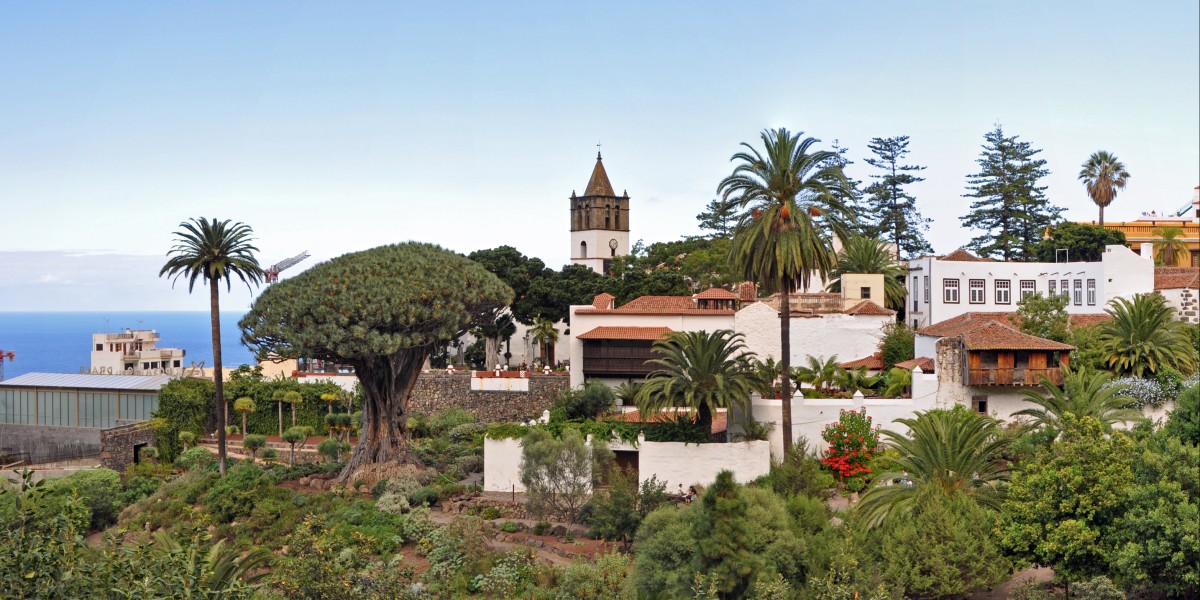
The biggest factor in your budget will undoubtedly be housing. The difference between the North and South is significant. Looking at the data from July 2025, property prices in the Santa Cruz de Tenerife province averaged €3,292 per m². However, this average hides the extremes. To buy property, Guía de Isora is the most expensive area, with prices averaging €4,632 per m², and Adeje is close behind at €4,485 per m². In contrast, a place like Icod de los Vinos in the north is the cheapest place to buy, with property prices averaging a much lower €1,368 per m².
The rental market shows a similar pattern. Rent in Adeje, the most expensive area, averages €19.8 per m². This means an 80m² apartment there could cost around €1,584 per month. If you head north to Los Realejos, the cheapest spot on the island for renting, the average is €10.6 per m², which would make a similar-sized flat closer to €848 per month.
On top of rent, you will need to account for utility bills, which for a standard flat can range from €100 to €150 per month, though this depends on your usage of things like air conditioning.
You will find that day-to-day expenses are generally quite reasonable. A coffee will set you back a maximum of €2, and a local beer is rarely more than €3. For eating out, you can find a cheap meal for around €10 to €15, while a three-course dinner for two in a mid-range restaurant is usually about €50. Basics are affordable too, with a loaf of bread costing around €1.50.
Where to live in Tenerife
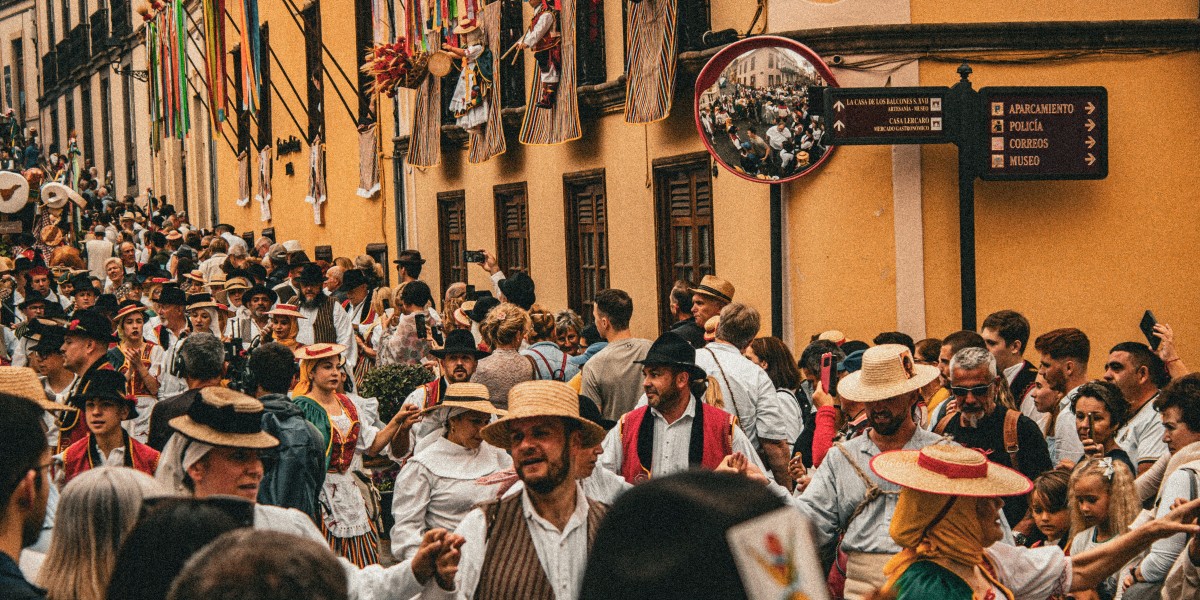
The island essentially offers two different worlds. The sun-soaked, bustling south is geared towards an international lifestyle, while the green and traditional north offers a more authentically Canarian pace of life, away from the Tenerife resorts. However, venture a little deeper and you'll find plenty of idyllic small towns and villages in Tenerife.
Where do most expats live in Tenerife?
Areas like Costa Adeje, Los Cristianos, and Playa de las Américas in the south are major hubs for the international community, and it's where you'll find the largest concentration of Brits living in Tenerife. These towns are built for a life in the sun, with long beachside promenades and a massive selection of bars, restaurants, and shops. It's a sociable and easy-going lifestyle, though it can feel less traditionally Spanish than other parts of the island.

Living in North Tenerife
If you're after a more immersive cultural experience, then living in North Tenerife is probably more your speed. The landscape is noticeably greener, and the towns have a more historic, lived-in feel. Puerto de la Cruz is a popular choice, as it blends its resort-town past with a charming old town. Further inland, you have the elegant town of La Orotava with its pretty traditional architecture.
- Property for sale in Puerto de la Cruz
- Long-term rentals in Puerto de la Cruz
- Holiday rentals in Puerto de la Cruz
For a proper city atmosphere, there's the capital, Santa Cruz de Tenerife, and the beautiful nearby city of San Cristóbal de La Laguna, a UNESCO World Heritage site with a lively, university-town feel.
Moving to Tenerife: visas and work
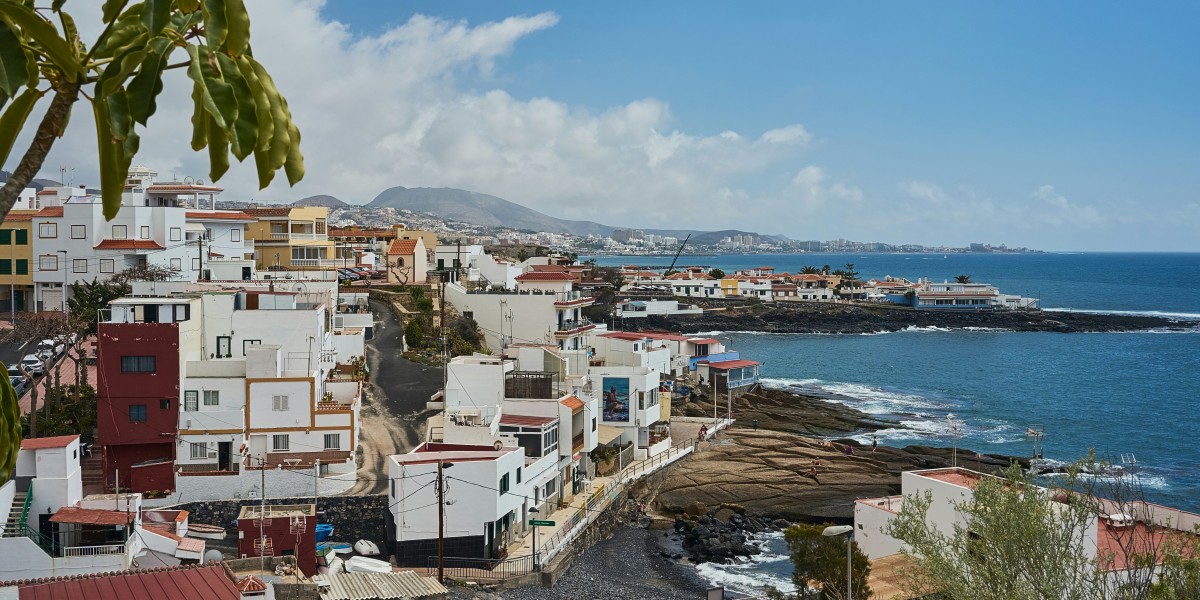
Navigating the official requirements is a key part of the journey when relocating to the Canary Islands.
Can I live in Tenerife as a UK citizen?
This is the big question for anyone considering living in Tenerife from the UK post-Brexit. The short answer is yes, you can live in Tenerife, but you now need to apply for a visa for any stay longer than 90 days. The 90/180-day rule means you can spend up to 90 days in any 180 days in the Schengen Area without a visa. This is fine for holidays, but it means that living in Tenerife for 6 months, for example, requires official residency and getting a NIE number.
For longer stays, you'll generally look at one of these options:
- Non-Lucrative Visa: this is a popular route for retirees or anyone who can prove they have sufficient funds to support themselves without working in Spain.
- Digital Nomad Visa: if you work remotely for a non-Spanish company or freelance, this visa is designed for you.
- Work Visa: if you plan to get a job with a local company, you'll need a work visa. This usually requires you to have a job offer from a Spanish employer before you can apply.
Finding jobs in Tenerife
When it comes to finding jobs in Tenerife, it helps to be realistic. The island's economy is heavily reliant on tourism and hospitality, especially in the south. These sectors offer the most opportunities, from working in hotels and bars to roles with tour operators. There are also chances to teach English, as demand is fairly steady.
For roles outside of tourism, the market is much more competitive. The key that unlocks the door to more opportunities is speaking Spanish. While you can get by with English in the southern resorts, fluency in Spanish will make you a much more attractive candidate for a wider range of jobs and help you integrate into the local workforce.
Expat life in Tenerife
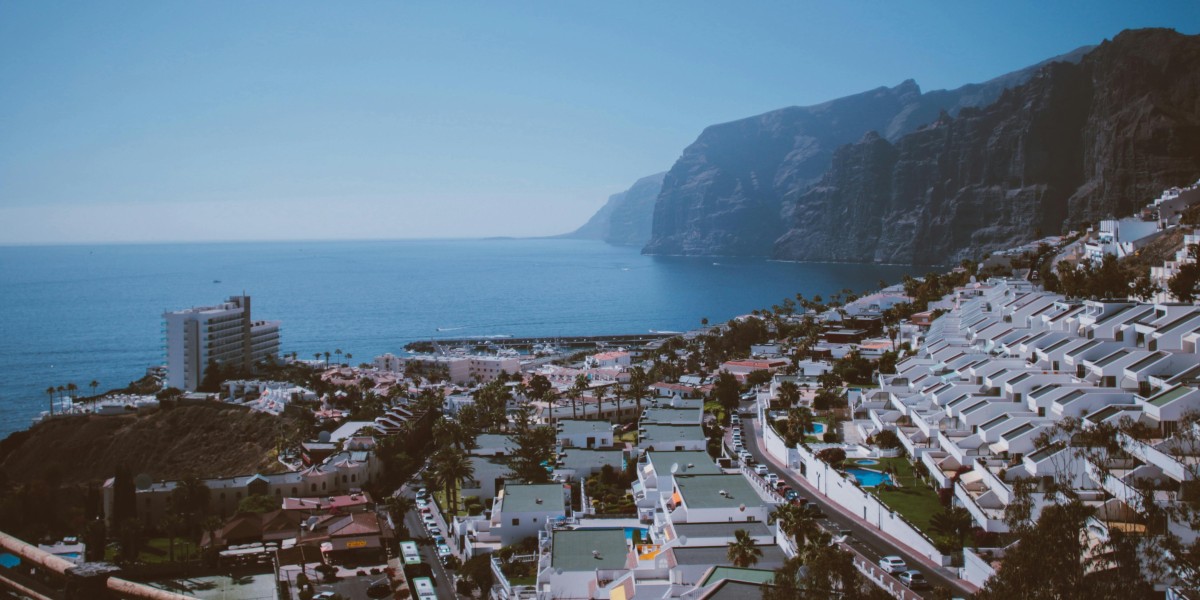
Getting to grips with the social side of things and family life is a big part of the move. Tenerife is well-equipped for newcomers, with a large international community and plenty of resources for families.
Living in Tenerife with kids
Tenerife is well set up for family life, with a number of reputable international schools to choose from. The Wingate School near Arona in the south and the British School of Tenerife in La Orotava in the north are two of the most well-regarded options, both offering a British curriculum. Beyond the school run, the island is a fantastic natural playground, offering endless outdoor activities to keep children entertained.
The expat community
The international community is one of the largest and most established in Spain, which makes finding your footing much easier. Online, you can get a head start by joining large and active Facebook groups like ‘Tenerife Expats and Locals’ or ‘Brits in Tenerife’, where people share daily tips, ask for advice, and organise local meet-ups.
Numerous organised hiking groups explore the trails of the Anaga mountains, and there are sports clubs for everything from golf to lawn bowls, which are particularly popular in southern towns like Los Cristianos. Many international bars in areas like Costa Adeje or Puerto de la Cruz host regular events like pub quizzes. A great way to meet both locals and other newcomers is to join a language exchange, or intercambio, often held in cafes. While this support network is fantastic, making an effort to learn Spanish will be key to appreciating the local Canarian culture and building connections beyond the immediate expat scene.
